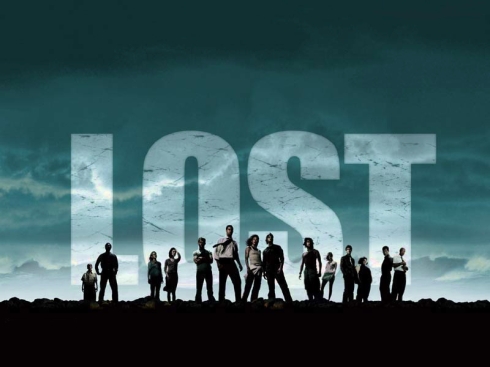I had a few readers ask me to do something very interesting recently. Well, perhaps not so interesting to you as it is to me, but the pleas I received definitely did lead to a line of thought which I wanted to go over briefly, and before I get to caught up in digression, let me give you a summary of the request I was given:
Can you answer my questions?
Sci-Fi Bloggers is of course the notable online magazine I am the Editor-in-Chief of and it is our goal to provide original content of our own to include with our (mostly) daily reports on current goings-on in the world of science fiction and fantasy. One form of this we adopted some time back is our Friday Fiction category. There we feature the work of several authors, the two most prominent and frequent being Brandon Scott and myself. We recently did a “Double Feature” special which included a tale I have been criticized for and praised for entitled “Jars”. The thing for which it was criticized by the way was the same thing it was lauded for: its confusing nature.
I was asked to add on to it, to continue it, to make certain it didn’t end on more than one occasion. More specifically, I was asked to “fill in the blanks.” For those who haven’t read it, it’s five pages, so it shouldn’t be too hard. Take a looking by clicking here.
Please read that before continuing. It is quite brief.
Now, here we have a case wherein I believe that I shouldn’t add anything more to this tale. I think the entire thing is perfectly encapsulated by the self-contained incident (or rather couple of incidents). Nothing more needs to be said. And I was asked about adding more and then someone had a proposition, and I smiled and asked to hear what the proposition was. He went on to delineate a storyline in which the woman and the monster chasing her were both servants of Hades, Lord of the Underworld. After learning of numerous atrocities committed by Hades, acts that harmed and ended the lives of millions of human beings in the world above, she joined the ranks of mortal men, committing espionage against her own kind. She was arrested for her crimes and, after breaking out of prison, tried to “lay low” and remain hidden from her newfound enemies.
In the intervening time between then and my story, she has children, mortal children. The creature, the beast that’s after her, is a bounty hunter, and in order to protect her offspring from the horrors of the Underworld, she kills them, for they are without sin and wouldn’t end up there as a result. The bounty hunter, through physical contact, manages to scramble her memory, and thus, “Jars”.
Now, let me make this point crystal clear: I didn’t write any of that. Or at least I didn’t originate the idea myself. Perhaps I reconfigured it in a form that was more consumable, but it was one of my readers who thought of it.
I told him right then that that very thing, what he just did, is why I didn’t answer all of the questions in a tale such as “Jars”, because the purpose of some stories, many of them in fact, is not to solve but inspire. If I had told him my concept of “Jars” and what I think the monster is, he wouldn’t have thought of that brilliant storyline, he wouldn’t have created anything. And the funny thing is, the same thing happened to me just two weeks later.
Brandon Scott wrote a story called “Small Town Games”. You can read it here. I immediately thought a whole movie should be made around the concept. Perhaps I was right, but perhaps Brandon was in suggesting that the manner of his construction, his storytelling, led me to the creation of my own idea of what “the games” were. See, that’s an interesting thing.
The single most powerful thing a creation can do is cause further creation. If the actions of one man, woman, child, what have you, can cause another to do something else, that is real power, that is influence.
I am suggesting that other writers look at this as a possibility. Instead of criticizing Lost for not answering all of your questions, maybe look at it the way you might a show like The Leftovers, where answers are no longer necessary, or like The Sopranos, where implications feeds us the answers, the truth. I know it sounds like I’m excusing authors and directors from solidifying their visions and ending their tales, but perhaps we could be a little more forgiving when they don’t hit that last note on the piano, because sometimes the precipice is all we need. Sometimes, we don’t have to dive into the water below. We can create our own pool, our own interpretation, our own art.
~D.

Excellent analysis Dylan, and what has been sorely missed in the genre of film and TV, save a few as you have mentioned. (I’d throw in the 2013 film, ‘Under the Skin’ and ‘Coherence’, which I recently watched.) Mystery and Science-Fiction go hand in hand, and one feeds the other, (science tries to define the mystery, and mystery brings in the ‘fiction’ until proven by universal laws.) When I read a book or watch a show, I want the genre to be the kindling and spark that sparks my imagination to be the fire and light that is uniquely real to me and (specifically), only me. Keep up the good work! Namaste
I’ve thanked you once and I’ll thank you again, Mr. McVicker. Namaste.